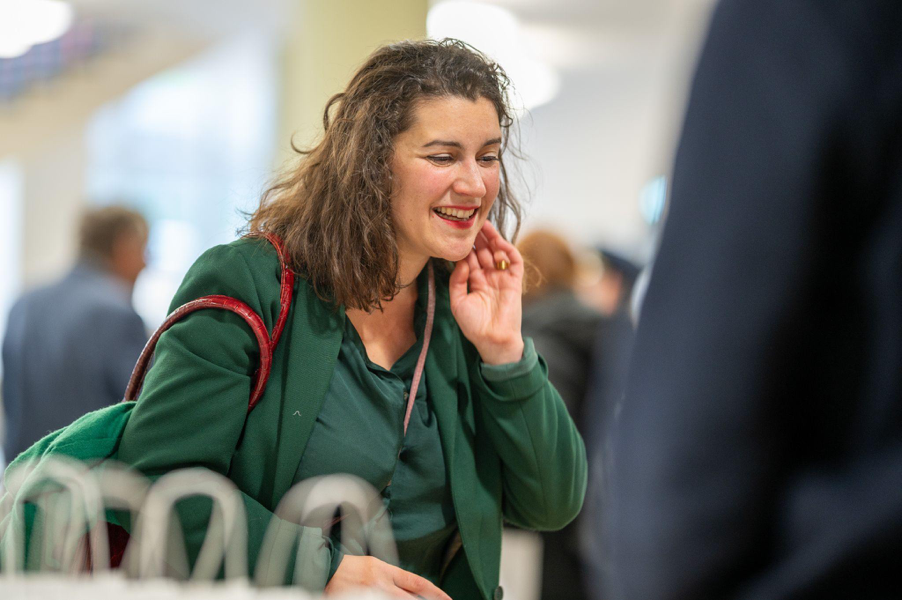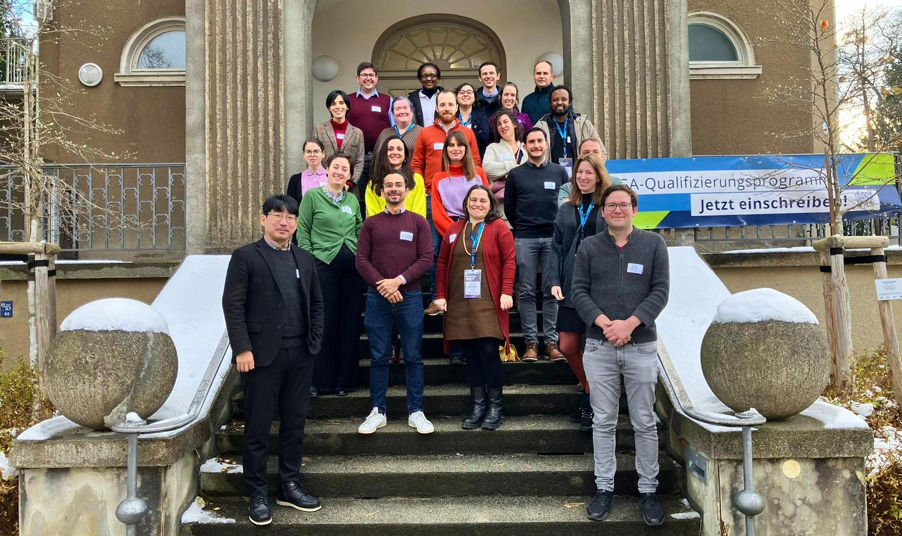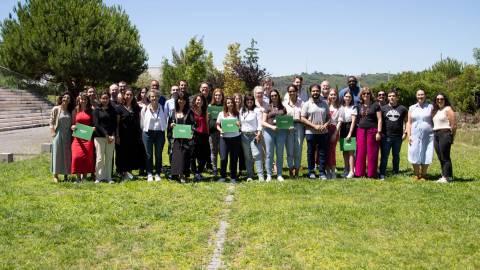Marta Barniol-Xicota, a graduate of Pharmacy and an associate professor in the Department of Medicine and Life Sciences at Pompeu Fabra University, holds a Ph.D. in Chemistry. Her research explores novel and innovative tools for studying enzymes related to various diseases using an interdisciplinary approach that combines medicinal chemistry, molecular biology, proteomics, and cellular biology. Her ultimate goal is to identify new therapeutic targets for treating breast cancer and other related diseases. "We also explore other aspects of metabolism such as lipid metabolism or autoimmune diseases like celiac disease," she explains.
Nausikaä El-Mecky is an art historian and tenure-track Art History and Visual Culture professor at UPF, specializing in 'dangerous' images. Her research examines how societies and individuals label specific images as dangerous, whether for moral, religious, social, or political reasons and then pursue them. One of her main research interests is understanding the mechanisms driving the persecution of images throughout history and in the current digital era. "What do the people who did it in the Middle Ages have in common with those who are censoring images on Instagram?" she wonders.
Despite their disparate academic backgrounds, both researchers share the participation in the Young Leaders Academy of EUTOPIA. The YLA is a community of young, high-potential researchers from EUTOPIA universities who share and promote European values and the vision of an interconnected and interdisciplinary academic environment. Researchers who have completed their doctorate less than 12 years ago participate for two years.
Barniol explains that she applied to the program because another researcher from the department had already participated in some alliance projects and encouraged her to do so: "It's a great opportunity to make new connections in Europe with people of your generation." This value of interdisciplinarity in the YLA is also crucial for El-Mecky: "The more I delve into the topic I work on, the more I realize I need the knowledge of people from other fields."
Both have been selected in the second edition of the YLA, which kicked off in December at the Technical University of Dresden during EUTOPIA Week. Over three days, they could establish contacts with different researchers and participate in training sessions. "Meeting in person is significant," reflects Barniol, "in our daily lives, we have many unforeseen events and things to do, and being focused only on the YLA for three days is completely different."

The project aims to foster collaborations between EUTOPIA institutions and across disciplines. "We are eager for it, and in my case, we are exploring possibilities with people from Brussels (Belgium) and Stellenbosch (South Africa)," says El-Mecky. Barniol has met a researcher from Vrije Universiteit Brussels who works on liver pathologies: "It's not exactly what we work on, but it's interesting for us to share the methods we use in molecule development."
Both highlight the benefits of UPF's participation in alliances like EUTOPIA: "In terms of visibility, it's a plus for us," they emphasize. It's a straightforward way to access a vast network of contacts," says Barniol. When it comes to international collaborations, if institutions already have a very close relationship, it's the way for projects to be sustainable," concludes El-Mecky.


